This post may contain affiliate links at no additional cost to you. As an Amazon Associate I earn from qualifying purchases. Click to view our full disclosure.
In today’s post, I’m going to show you exactly what you can and can’t drink while fasting.
Plus, I’ll introduce you to a few liquid hacks you can use to reduce hunger without breaking your fast.
Let’s dive in!
Can You Drink Liquids While Following an Intermittent Fasting Diet?
It depends on the type of intermittent fasting style you’re following. If you’re doing a dry fast, for instance, you’re not supposed to drink water throughout the entire fast.
However, in the typical intermittent fasting scenario, you can drink fluids. But these fluids should be calorie-free; at least, if you want to stay in a fasted state. That means you should avoid drinks like:
- Alcohol
- Almond milk
- Bone broth
- Bulletproof coffee
- Fruit juice
- Kombucha
- Milk
- Sodas
- Sugar-sweetened coffee and tea
Basically, as long as it contains calories, it’s best to avoid it. The calories – in particular, the carbs – can break your fast by altering your metabolism and increasing insulin levels.
You should, however, consume enough non-caloric beverages like water. In fact, your hydrational needs actually increase during a fast.
The Three Reasons You Should Drink More Fluids During a Fast
- Fasting reduces your insulin levels. This causes your kidneys to excrete sodium from your body, leading to the flushing out of water.(1)(2)
- Most fluids are consumed during meals. Since you don’t eat during a fast, this might cause you to consume less overall.(3)
- Food supplies about 20 to 30% of the total water intake of most people. Since you don’t eat during a fast, you won’t get that amount of water through your food intake.(4)
For these reasons, it’s crucial that you pay attention to your water intake during a fast. Not doing so may reduce the effectiveness of your fast and pose adverse health risks.
The Downsides of Not Drinking Enough During a Fast
Here are a few of them:
- Impaired athletic performance. Dehydration can impair exercise performance, especially if you do aerobic activities like running and jogging.(5)(6)(7)
- Worsened cardiovascular health markers. Not drinking enough water during a fast may increase serum cholesterol, LDL (“bad”) cholesterol, and blood lipid levels.(8)
- Possibly reduced the benefits of exercise. Dehydration reduces testosterone secretion after strength training while increasing cortisol, which may impair fat loss and muscle growth.(9)
- Impaired brain performance. Dehydration of just two percent is enough to impair cognition.(10)
- Causation of headaches. Dehydration can also trigger headaches in some people. So, if you’re bothered by them during a fast, it may help to increase your water intake.(11)(12)(13)
- Possible reduced human growth hormone (HGH) levels. One of the benefits of fasting is that it increases HGH, something dehydration may impair.(14)(15)
Since your body consists of about 70% water, dehydration impairs almost, if not all, bodily functions. Thus, make sure that you get enough water while fasting. What follows are five drinks you can consume without breaking your fast.
1. Water
The most straightforward way to hydrate yourself during a fast is by drinking water. But just because it’s straightforward that doesn’t mean it’s ineffective.
In fact, if you want to fast to give your digestive system a break, water is your best choice. It requires less digestive effort than various other zero-calorie drinks like black coffee.
What’s more, water may be more effective at hydrating you than caffeinated drinks like coffee. That’s because caffeine functions as a diuretic by increasing urine production.(16)(17)
That said, moderate caffeine consumption is not inclined to produce enough of a diuretic effect to cause an adverse effect. Plus, regular caffeine consumption tends to impair the diuretic effect.(18)(19)
Still, try to make water your primary source of hydration during your fast. It’s okay to add small amounts of apple cider vinegar if you prefer, but more about that in a bit.
2. Black Coffee
While black coffee can increase blood sugar levels a bit, most experts agree that you can consume it without breaking your fast.(20)
In fact, black coffee offers unique benefits that support your health and make your fast easier.
- Reduced hunger. Since coffee contains caffeine, consuming it may reduce hunger. One review study found a reduction in appetite and energy intake upon consuming caffeine between 0.5 and 4 hours before a meal.(21)

What’s interesting, though, is that the hunger-reducing benefits may be gender-specific. Research found that 300 mg of caffeine didn’t affect the calorie intake of women while it reduced that of men by 22%.(22)
- Improved exercise performance. Coffee can boost muscle strength, increase aerobic and anaerobic performance, ward off morning sickness, and enhance focus and alertness.(23)(24)(25)(26)(27)
It’s important to note, however, that caffeine only delivers those benefits if you haven’t built up a tolerance to the compound. Thus, coffee won’t boost your training if you drink it every day.
That’s why, if you want to use caffeine as a performance enhancer, it’s best to limit your intake of the compound to, at most, two days per week.
- Enhanced health. Contrary to what’s often claimed, drinking coffee doesn’t tend to be harmful. In fact, coffee is actually good for your health.(28)(29)
The most well-established health benefits include better glycemic control, reduced risk of cancer, and better heart health, which includes a small reduction in blood pressure.(30)
Now, there are potential downsides to drinking black coffee during a fast. Increased anxiety is one of them. Just 150 mg of caffeine (about 1.5 cups of coffee) is enough to increase anxiety under regular circumstances.(31)
Since fasting activates the sympathetic “fight or flight” nervous system, drinking coffee during a fast may be extra anxiety-provoking. That’s why coffee may not be ideal if you’re prone to being anxious.
Also, to stay in your fasted state, you’ll have to drink your coffee black. That means no sugar, milk, butter, coconut oil, or other additives, although it is okay to add zero-calorie sweeteners, more on that in a bit.
3. Tea
As an alternative to coffee, tea is also an excellent drink to consume during your fast.
Tea provides similar health benefits but contains less caffeine, which may make it a better alternative for those who are overly sensitive to this stimulatory compound.
Here are a few teas you could drink during a fast:
- Black tea
- Green tea
- Hibiscus tea
- Ginger tea
- Rooibos tea
- Echinacea tea
- Peppermint tea
If you’re not overly sensitive to caffeine, it may be ideal to include both tea and coffee in your weekly nutrition plan. That’s because both contain different types of health-promoting antioxidants.(32)(33)(34)(35)
Antioxidants can reduce your risk of various diseases, including heart disease and cancer by helping defend your cells against free radicals.
4. Zero-Calorie Diet Sodas
Many people say that you shouldn’t consume zero-calorie diet sodas during a fast. The artificial sweeteners supposedly break your fast by increasing blood sugar and insulin levels. But is that true?
The answer is no. Non-caloric sweeteners don’t raise insulin levels or blood sugar, which means you can drink diet soda during your fast.(36)(37)(38)(39)(40)(41)
Also, studies have shown zero-calorie sweeteners are somewhat safe if your consumption is within the maximum recommended intakes. That’s especially true for aspartame and sucralose.(42)(43)(44)(45)
The only controlled studies that found adverse effects are animal-based. In those studies, animals often consume more than a hundred or even a thousand times the maximum recommended intake. (You can compare that to about 1,800 cans of soda per day!)
However, there are two things to consider.
First, saccharin may be a possible exception to the safety of zero-calorie sweeteners. While most research shows saccharin to be safe, one study found impaired gut health and glucose tolerance.(46)(47)
Now, the study design isn’t great. It contains only seven subjects and lacks a control group. But still, you may want to opt for drinks that don’t contain saccharin, just to be safe.
Second, drinking zero-calorie diet sodas may increase the desire to eat. Thus, if you find it hard to manage hunger during your fast, you may want to avoid them.(48)
That said, it can also work the other way around. If you crave something sweet, diet soda may curb that craving, so that you can better maintain your fast.
The bottom line is that if you want to consume something sweet during your fast, it’s fine to drink a diet soda.
Just because you can drink artificially sweetened diet soda during your fast, doesn’t mean it’s good for your overall well-being and should be limited or avoided altogether due to the controversy surrounding artificial sweeteners.
5. Apple Cider Vinegar
Apple cider vinegar does contain calories. So, technically speaking, you shouldn’t drink while fasting. However, owing to apple cider vinegar’s minimal caloric values, moderate consumption won’t hurt your fast.
Here are the nutritional values of apple cider vinegar per tablespoon (14.9 grams):
Calories: 3 kcals
Fat: 0 grams
Carbs: 0.1 grams
Sugar: 0.1 grams
Protein: 0 grams
There are benefits to consuming moderate amounts of apple cider vinegar during a fast. One of them is that it can increase feelings of fullness.(49)
That’s why drinking this compound – such as, by mixing one or two tablespoons with water – might help you manage cravings during your fast.
What’s more, apple cider vinegar can also improve insulin sensitivity and aid blood sugar control.
This is especially beneficial before a meal because prolonged fasting can impair insulin sensitivity (although it takes over fourteen hours before those effects occur).(50)
So, feel free to drink a glass of water with a few tablespoons of this household staple, especially before your meal.
The Bottom Line
The type of drinks you can consume depends on the type of fast. During a dry fast, for instance, you’re not supposed to consume any liquids at all.
However, in the typical intermittent fasting scenario, you can drink fluids. But these fluids should be calorie-free. That means you should avoid drinks like soda, fruit juice, alcohol, sugar-sweetened coffee, and kombucha.
What you can consume are calorie-free drinks. Examples are water, black coffee, certain teas, zero-calorie diet sodas, and, in limited amounts, apple cider vinegar.

thanks to this healthy liquid hacks. Awesome read 🙂